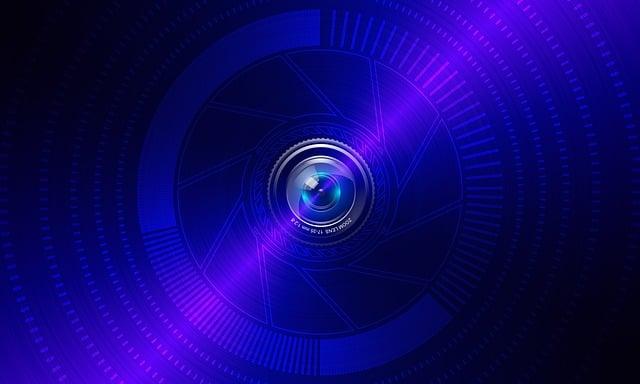The Impact of Mass Surveillance on Civil Liberties
Mass surveillance refers to the extensive monitoring and collection of data on individuals by governmental and private entities. As technology has advanced, so have the methods of surveillance. This article will explore the ramifications of mass surveillance on civil liberties, particularly focusing on privacy rights, freedom of expression, and the potential for governmental overreach.
Understanding Civil Liberties
Civil liberties are basic rights and freedoms protected from infringement, primarily by the government. These rights include:
- Right to privacy
- Freedom of speech
- Right to assemble
- Right to due process
The Mechanisms of Mass Surveillance
Mass surveillance employs various methodologies, including:
- Internet monitoring (including social media)
- Facial recognition technology
- Phone tapping and data collection
- Drone surveillance
Impact on Privacy Rights
Privacy is a fundamental human right. Mass surveillance has significantly compromised this right through:
- Data Collection: Organizations collect vast amounts of data, often without consent.
- Chilling Effect: Individuals may self-censor due to fear of being monitored.
- Data Breaches: Collected data is vulnerable to hacks and leaks, further endangering privacy.
Impact on Freedom of Expression
Freedom of expression is vital for a democratic society. The influence of mass surveillance can inhibit this freedom through:
- Self-Censorship: The knowledge of being watched can lead individuals to avoid sharing their honest opinions.
- Suppression of Dissent: Activists and critics may be targeted, deterring public protests and open discourse.
Case Studies on Mass Surveillance
1. The Snowden Revelations
In 2013, Edward Snowden exposed the extensive surveillance programs by the NSA. The fallout from these revelations raised significant global concerns regarding privacy and governmental oversight.
2. China’s Social Credit System
China’s implementation of a social credit system leverages mass surveillance to monitor citizens and assess behavior, impacting employment and travel opportunities based on an individual’s “score.”
Benefits and Practical Tips
While mass surveillance is controversial, some argue it enhances public safety. However, citizens should remain vigilant about their rights. Here are some practical tips:
- Use encryption tools for communication.
- Be mindful of the information shared online.
- Support legislation that protects civil liberties.
First-Hand Experiences with Surveillance Concerns
Many individuals have documented their challenges with mass surveillance, like:
- An activist reporting reduced participation in protests due to surveillance fears.
- A journalist who felt pressured to self-censor in their work.
Conclusion
Mass surveillance presents a complex landscape where security meets individual freedoms. While it may offer some level of safety, the infringement of civil liberties can lead to a society where fear overrides freedom. It’s crucial to balance these needs and advocate for accountability and transparency in surveillance practices to safeguard our fundamental rights.



